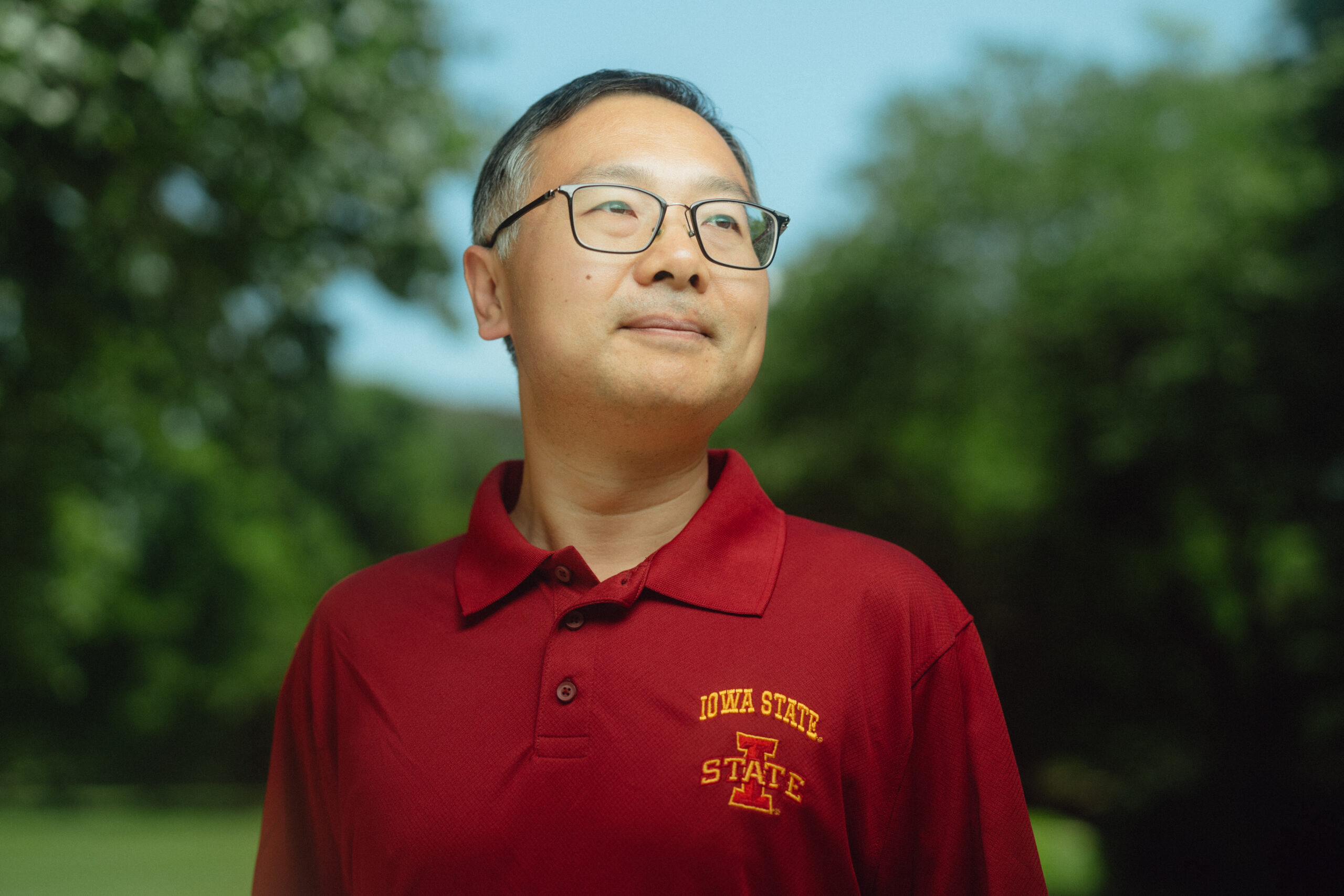Quantum mechanics and machine learning: Qi An is unlocking the secrets of strong and ductile materials
Author: Zach Clemens
Author: Zach Clemens

Qi An, associate professor of materials science and engineering, focuses on using quantum mechanics and data-based computational methods to study materials science. In recent studies conducted by An and his team, significant progress was made in the field of ceramics. One of their works focused on improving the ductility of superhard materials. Normally, these materials have high strength but limited plasticity.
“By introducing a small amount of aluminum, we were able to enhance the ductility of a superhard material,” An said. “We developed a machine-learning potential that accurately predicted the atomic interaction and deformation mechanisms of aluminum doped boron carbide. This breakthrough has potential applications in developing materials with both high strength and ductility.”
In another study, they discovered a way to control the motion of dislocations in crystalline materials using an external electric field. This finding unlocks new possibilities for manipulating the properties of crystalline solids and designing nanoscale field-effect devices. These advancements contribute to our understanding of materials science and offer potential avenues for developing innovative materials and technologies.